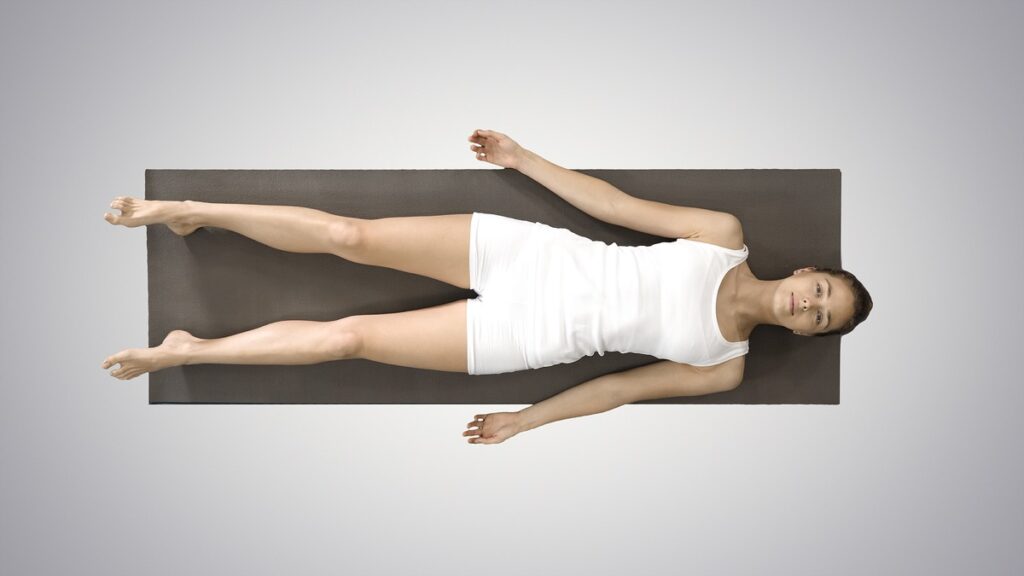Breathwork is a transformative practice that can bring about significant physical, emotional, and mental changes. Whether it’s your first session or you’re experienced, understanding what to expect after breathwork can help you navigate the effects and integrate the experience more effectively. Here’s a comprehensive guide to what you may experience and how to care for yourself afterward.
Physical Sensations
Breathwork engages the body deeply, often altering your physical state during and after the session. Here are some common physical responses:
- Energy Shifts: You may feel energized, almost buzzing with vitality, or deeply relaxed and calm, depending on the breathwork style and your unique response.
- Tingling or Vibrations: Sensations like tingling, light vibrations, or pins-and-needles feelings in the hands, feet, or face may linger. These are caused by increased oxygen levels and blood flow.
- Fatigue or Sleepiness: Breathwork can be physically demanding and emotionally intense, leaving you feeling tired. This is your body signaling the need for rest and recovery.
- Temperature Changes: Some people feel unusually warm or cold due to shifts in circulation or energy flow. Keep a blanket or sweater handy for comfort.
- Muscle Aches or Tension Release: If tension was held in your body, you might feel soreness or even relief as muscles relax post-session.
Emotional Responses
Breathwork is a powerful tool for accessing and processing stored emotions. It’s common to feel heightened emotions or unexpected releases.
- Emotional Release: You may experience a wave of emotions, such as sadness, joy, anger, or relief. Breathwork can uncover emotions buried in the subconscious, bringing them to the surface for release.
- Crying or Laughing: Spontaneous crying or laughter is normal, even if it feels unconnected to specific thoughts. It’s part of the body’s way of clearing emotional blockages.
- Increased Sensitivity: You might find yourself more attuned to your feelings or those of others, experiencing a heightened sense of empathy or awareness.
- Lingering Vulnerability: Emotional processing can leave you feeling raw or vulnerable. Allow yourself time and space to feel without judgment.
Mental and Spiritual Effects
Many people report profound shifts in their mental clarity, awareness, or spiritual connection after breathwork.
- Heightened Awareness: You may feel more present and attuned to your surroundings, noticing details or sensations you might have previously overlooked.
- Peace and Stillness: A sense of profound calm or inner peace is common, as breathwork often clears mental clutter and stress.
- Insights or Realizations: Breathwork can open pathways to understanding, providing clarity on personal challenges, relationships, or life goals.
- Spiritual Connection: Some experience a sense of unity, connection to a higher power, or deeper alignment with their true self.
Integration Tips
To maximize the benefits of your breathwork session, integration is crucial. Here are steps to support your body, mind, and spirit post-session:
- Rest and Hydrate: Drink plenty of water to stay hydrated and flush out toxins released during breathwork. Resting allows your body to recover from any energy shifts.
- Eat Nourishing Food: Grounding foods like whole grains, root vegetables, or soups can help balance your energy.
- Journal: Reflect on your experience by writing down any emotions, insights, or physical sensations. This helps process and retain the lessons learned.
- Move Your Body: Gentle physical activity, like yoga, stretching, or a walk in nature, can help integrate energy shifts and release lingering tension.
- Practice Mindfulness: Engage in meditation or deep breathing exercises to extend the sense of peace and presence you achieved in the session.
- Seek Support if Needed: If emotions or sensations feel overwhelming, reach out to a trusted breathwork facilitator, therapist, or support group.
Possible Challenges
While breathwork is generally safe, it’s important to recognize and address potential challenges:
- Emotional Overwhelm: The release of deeply held emotions can feel intense or unsettling. Give yourself permission to process these feelings and seek professional support if needed.
- Physical Discomfort: Lingering tension, mild headaches, or muscle soreness may occur. These usually pass with hydration, rest, and light movement.
- Mental Uneasiness: Processing suppressed emotions or sudden realizations might leave you feeling unsettled. Journaling or speaking with a supportive person can help.
Aftercare Essentials
To care for yourself after breathwork, consider these additional practices:
- Stay Hydrated: Breathwork increases your body’s oxygen levels and detoxifies cells, making hydration essential.
- Prioritize Rest: If you feel fatigued, allow yourself to nap or get a good night’s sleep. Your body heals and integrates during rest.
- Connect with Nature: Spending time outside can help ground your energy and restore balance.
- Share Your Experience: Talking about your session with a trusted friend, group, or facilitator can help you make sense of your emotions and insights.
- Be Gentle with Yourself: Avoid scheduling demanding activities immediately after a session. Honor your need for self-care and reflection.
When to Seek Help
While rare, some people may experience intense emotional or physical responses that don’t resolve on their own. If you feel distressed, ungrounded, or unsure about how to process your experience, reach out to:
- Your Breathwork Facilitator: They can provide insight into your experience and suggest techniques for grounding.
- Therapist or Counselor: If emotions feel overwhelming or persistent, professional support can help you process safely.
- Healthcare Provider: If you experience unusual or prolonged physical symptoms, consult a medical professional.
Responses Will Vary
Every breathwork session is unique, and how you respond will vary depending on your body, mind, and circumstances. By understanding what to expect and prioritizing aftercare, you can navigate the effects with ease and maximize the transformative benefits of this practice. Above all, approach your post-session experience with compassion, curiosity, and openness to growth.


